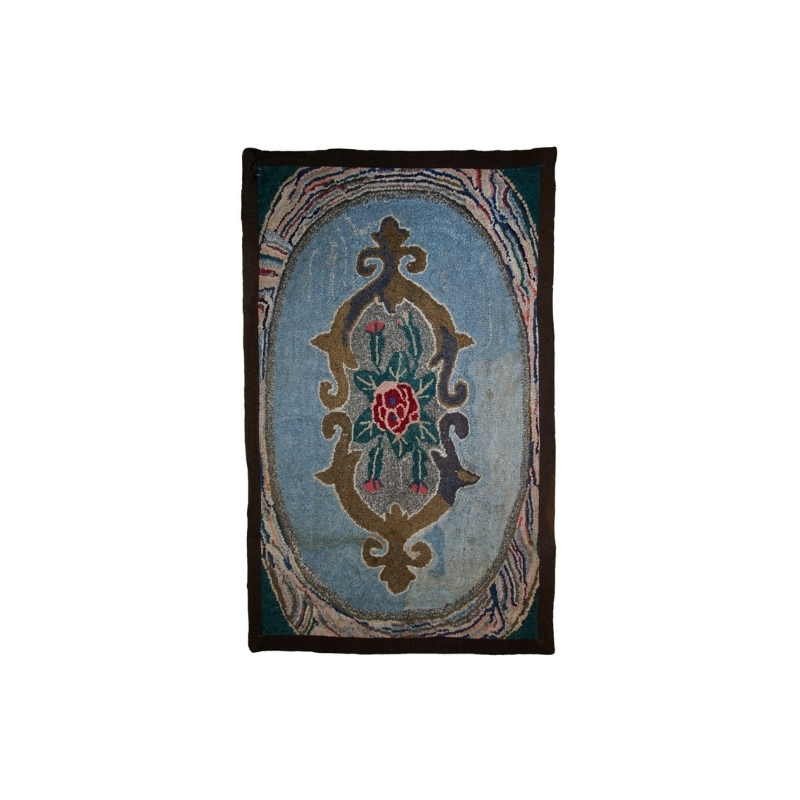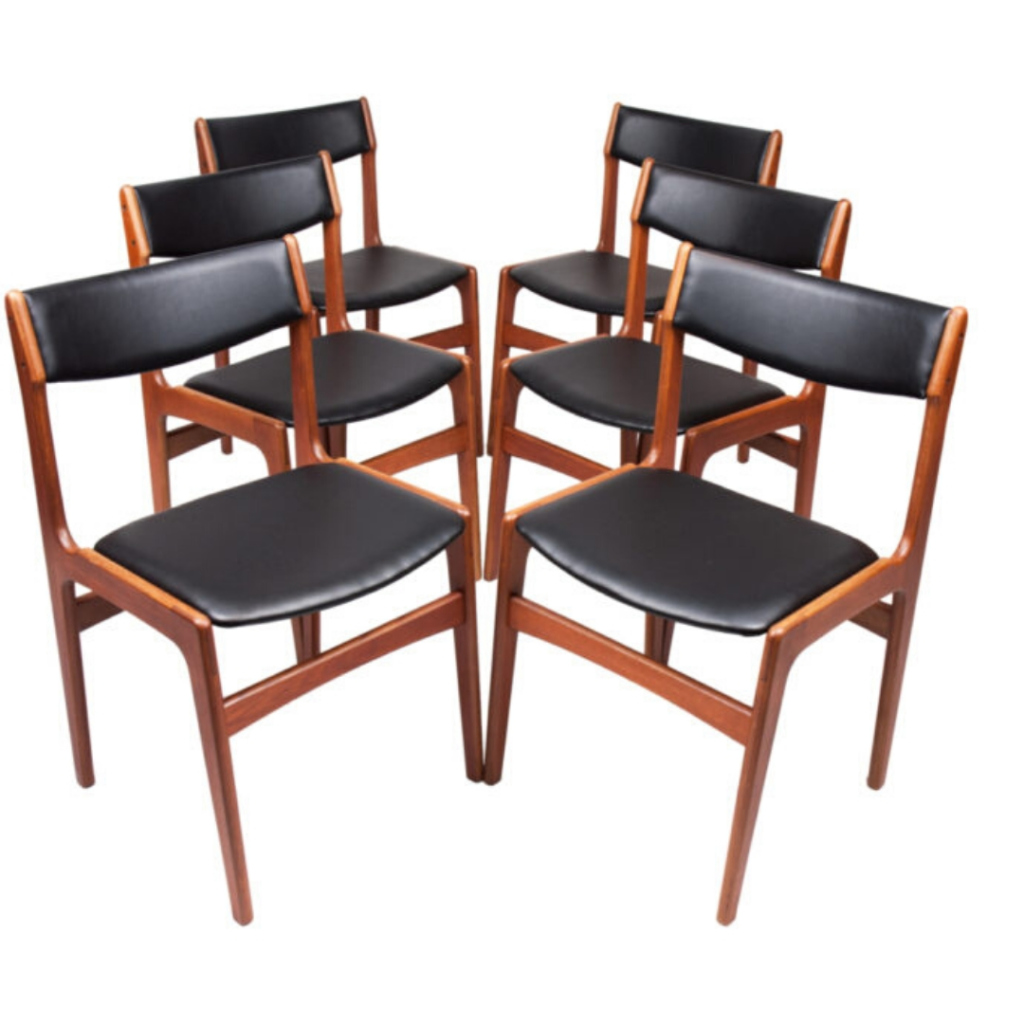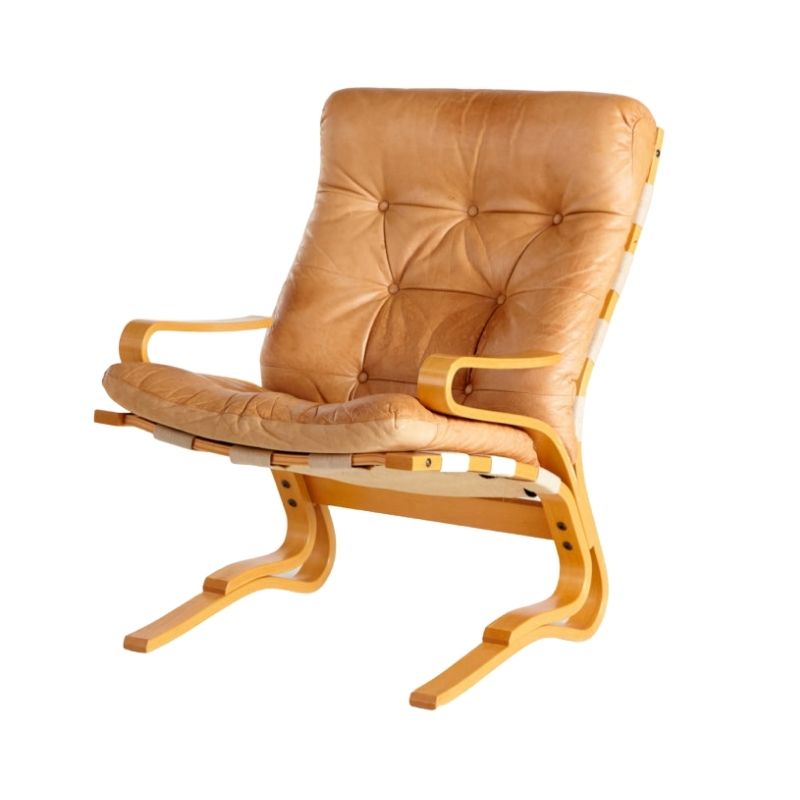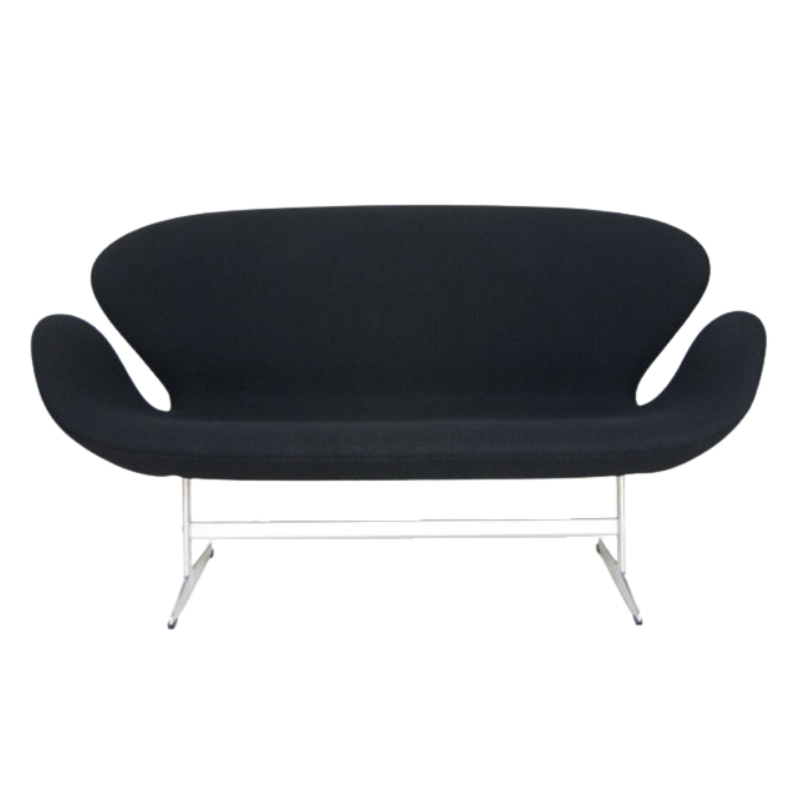The bag is a yellowish clear....
The bag is a yellowish clear. So I can see what's going on. I was going to cut down the veneer so there is min. Overhang as it deff would crack it if I didn't.
My plan was to do one side at a time since I dont was to cover up the edge Complete between 2 peices of veneer since that's what i am using for trimming size.
I am also not using a any base structure in the bag besides the item and some plastic mesh to aid with it pulling all the air out and not just sealing at the valve and so the bag coInforms to both side and supports itself instead of put a base in the base and then having to support the object so the bag doesn't snap the item to the base
The glue I use is called UNI-BOND 800. Its a urea formaldehyde glue. 2 part. Mix a powder with liquid by weight. Like 10 to 1
I didn't do the gorilla glue. I try to keep that stuff from any wood projects.
SDR, if I HAD to do it,
I'd vacuum bag it, too. But I'd want to do one side at a time with good support between the panel and the platen - probably a plaster cast taken directly from the panel. Yes, that means four separate casts. And I'd use urea-formaldehyde. And I'd start with the underside of the seat panel.
And I'd never put a FORSTNER bit in anything but a drill press, but that's just me.
Hey, if it's worth doing, it's worth doing over three or four times to get it right, right? That's what I tell the folks I work with when they screw things up, anyway.
Hey dif, sorry I posted this before seeing your last entry. Maybe the mesh will work. I'm not all that experienced with different bagging techniques. Good luck! I can hardly wait to hear how it goes.
So how did you get that veneer? Is it really pre-finished? How do you plan to deal with the shock mount mortises?
Are most of the people here...
Are most of the people here do some type of wood working as their trade/ work?
And I do agree with the drill press and the bit. But since I wasnt drilling through and there was no chance of it snagging as they can do when it breaks through the other side I put it in the drill. I had it at a crazy low speed and its skimming off the old glue and rubber bits
The veneer is quite flexible.
gilding the daisy?
I think tktoo makes a good point, I'd be tempted to use something cheaper on the damaged chairs and save the good stuff for some future side tables or something. But of course its not my project.
SDR, my big bag is almost opaque so I've never been able to see whats going on, with good prep and air evacuation I've never had a failure.
Best of luck
Right, all.
I see no reason to use a platen for a piece like this; just do one side at a time with a clear bag, and pay attention to the surface to assure that the veneer goes down flat.
The mesh was introduced a while back, for those who found (or feared) that they weren't getting complete or consistent evacuation of air from the work and any armature or platen. I haven't found the need, yet. I should add that I have yet to acquire my own equipment for this process, and it's been a while since I've done any vacuum-bag work . . .
I started using poly glue almost 20 years ago, and have used it increasingly for various projects. Haven't given up on Titebond, of course, as it continues to be the basic woodworking adhesive. But poly is indispensable for green or damp or oily material, where a waterproof result is important and where the foamy excess can be easily removed by scraping and sanding. Veneer work ? No. An exterior project or when extra open time is needed, it's great. Although its gap-filling property goes with the territory, only tight-fitting joints will be strong -- unlike with epoxy, for instance, or other glues we've mentioned.
There are three or four of us woodworkers on the board -- it's good to have others appearing and presenting projects for view and review !
Here's a Gorilla Glue
project -- a giant teak table top I was given to repair. It had been equipped with three or four long cross-bolts buried in the material from below, which had forced the glue joints open when the material shrank in width ! The aim was to preserve the top surface and finish, if possible. I resawed the joint faces, made a bunch of giant biscuits from 1/2" ply, used the dado set on the table saw to cut mortises, and glued the joints one at a time. The blue tape on either side of the joint protected the finish from wet squeeze-out.
The splines were essential for surface alignment; I believe glue alone would be sufficient for joint strength, though possible future warping might be a challenge. The ten-foot horizontal sliding panel saw came in handy for this project . . . !
If you need any help, please contact us at – info@designaddict.com









